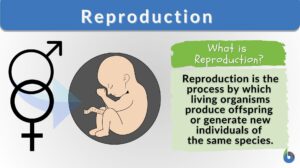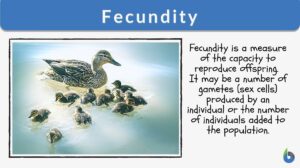Search Results for: constitution
Constitution
Constitution 1. The physical makeup of a body, including the mode of performance of its functions, the activity of its... Read More
Homozygous
Homozygous Definition Diploid organisms that have a genotype of identical alleles for a trait or phenotype at a specific... Read More
Monozygotic twins
Monozygotic Twins Definition Monozygotic twins are twins that developed from a single zygote. Etymologically, the term is... Read More
Genotypic ratio
Genotypic Ratio Definition To understand 'Genotypic ratio', let us first understand the terms: 'Genotype' and 'Phenotype'.... Read More
Overview of Chirology
Psychodiagnostic Chirology (PDC) is a comprehensive diagnostic discipline applied by professional behavioral specialists in... Read More
Inherited traits
What are Inherited Traits? The characteristics or traits that are passed from parents to offspring are known as inherited... Read More
Last universal ancestor
Definition noun The hypothetical primordial organism from which all other species of organisms on Earth... Read More
Transposon
Definition noun, plural: transposons A small segment of DNA that is capable of replicating and inserting copies of DNA at... Read More
Polygenic inheritance
Polygenic inheritance refers to the kind of inheritance in which the trait is produced from the cumulative effects of many... Read More
Cell theory
What Is Cell Theory? Biological cell theory explains the idea of organismal constitution, structure, and function. It... Read More
Axon hillock
Axon Hillock Definition What is axon hillock? If you are familiar with the different parts of the neuron, the axon hillock... Read More
Neutral mutation
Neutral Mutation Definition What is a neutral mutation? Neutral mutations are the alterations in the DNA that are... Read More
Cell Structure
The interior of human cells is divided into the nucleus and the cytoplasm. The nucleus is a spherical or oval-shaped... Read More
Group translocation
Group Translocation Definition Just like your “home” is a private place where you and your comfort are maintained due... Read More
Homogenous
What is homogenous? What does homogenous mean? The word homogenous has been derived from two Greek words that are... Read More
Revolution
revolution 1. The act of revolving, or turning round on an axis or a center; the motion of a body round a fixed point or... Read More
Reproduction
Reproduction Definition Reproduction is a biological phenomenon of producing offspring/s. i.e. more of its kind. Depending... Read More

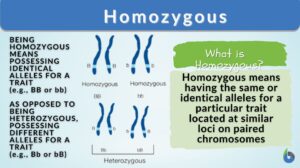
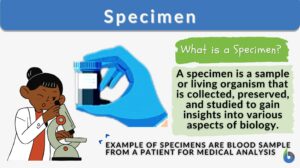

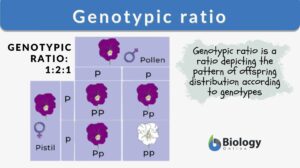
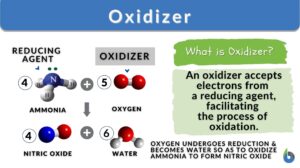
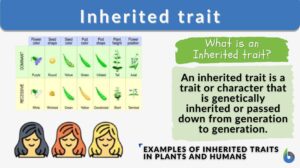
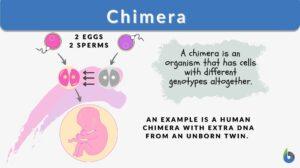
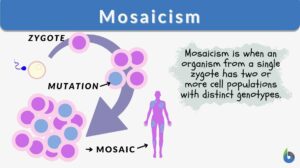


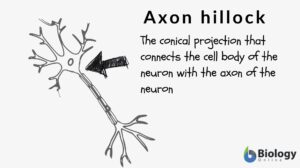
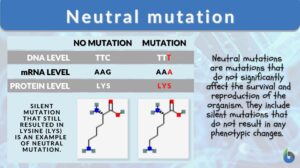
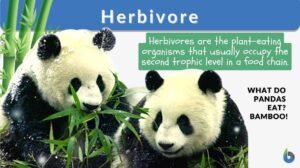

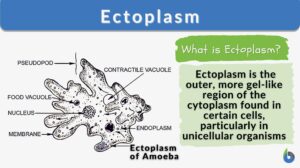
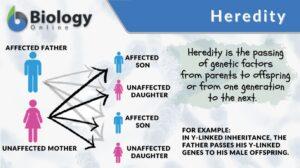

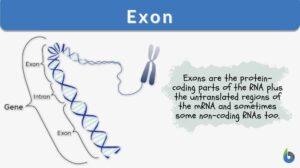
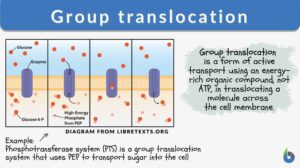


![Botany n., [ˈbɑt.ə.ni/] botany definition and example](https://www.biologyonline.com/wp-content/uploads/2019/10/botany-definition-and-example-300x168.jpg)


